GTA Online Casino Heist Points Of Interest Guide
Collect all of the Access Points and POI’s to complete all Diamond Heist objectives. This GTA Online Casino Heist Points Of Interest Guide tells you where you can find the 10 different POI’s that are available to collect to complete the Heist objective of Points of Interest.
There are two main sections of Scope objectives. The Casino and the Vault. You can repeat the Casino Scope mission so there’s not threat there but the vault mission can only be done once. So if you miss the Points of Interest during the vault mission, you will need to find someone else to run through it again.
In the Management room in the Casino, there are blueprints on the desk that you can photograph to build a practice vault in your Arcade. Although I’m not sure if this is a point of interest.
Casino Points Of Interest

Security Officer

These are commonly found throughout the casino. There’s one directly ahead when you enter
Security Camera

As soon as you enter the building, look above you. You need to target the small, circular like high-tech cameras. Zoom in close to make sure it counts
Keypad

Directly opposite of where you walk in, there’s a security guard near a door. The door has a keypad on it. Take a close up of the keypad.
Valet

Take a picture of the valet outside. It may not work if the valet is not present, unable to test.
Old Camera

On the Roof Terrace. Walk to the Infinity Pool. There is an old camera on the wall nearby. The shot needs to be really close to count, from the side of the camera.
Vault Points Of Interest
The camera you start on is random. We did it twice and started on different cameras both times. Below is a large picture of each of the things you have to find. They are quite easy to get. Focus on the money last, the objective, that way if you fail, you can restart it.Staff Elevator
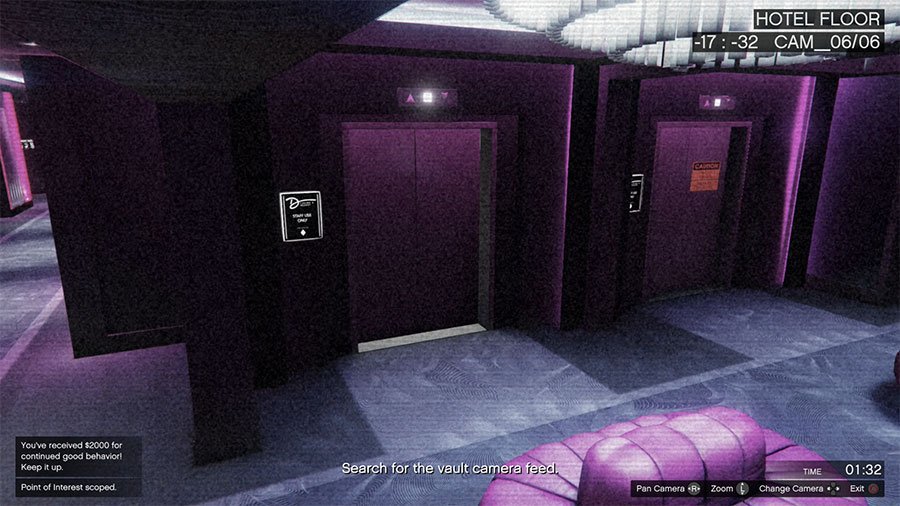
Security Office
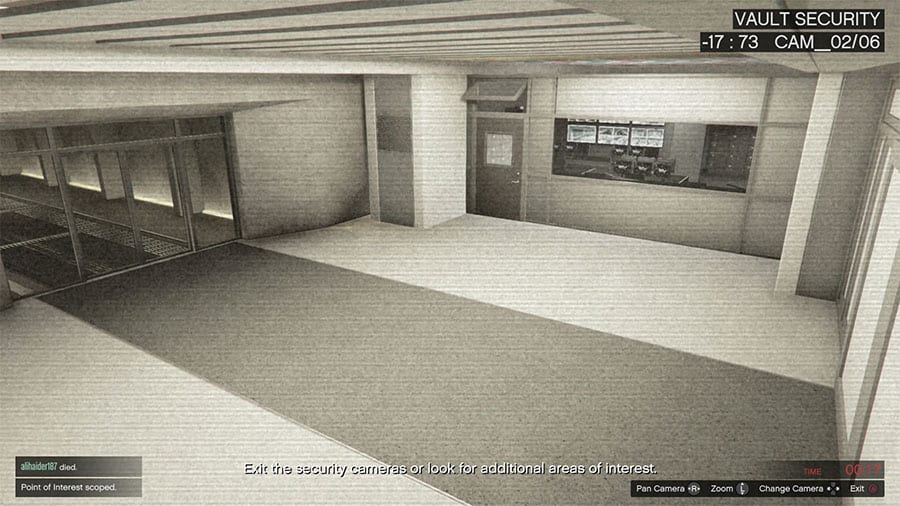
Metal Detectors
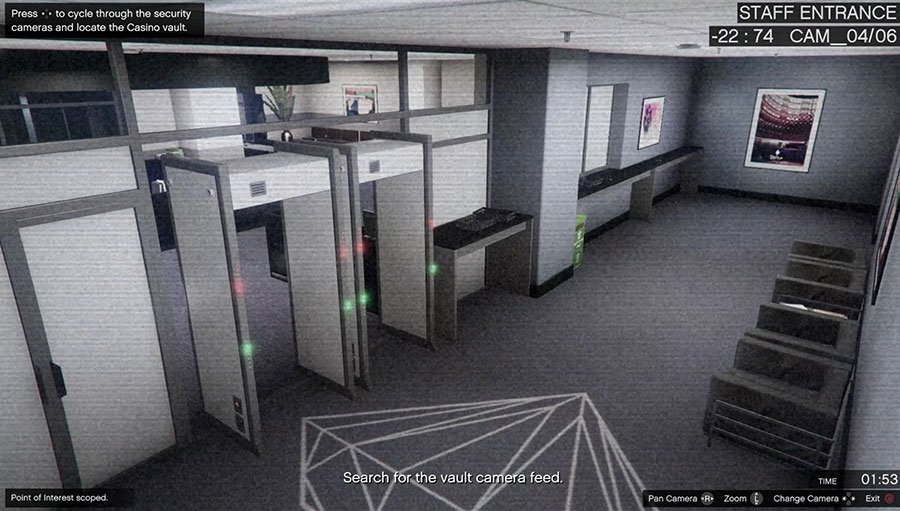
Staff Door
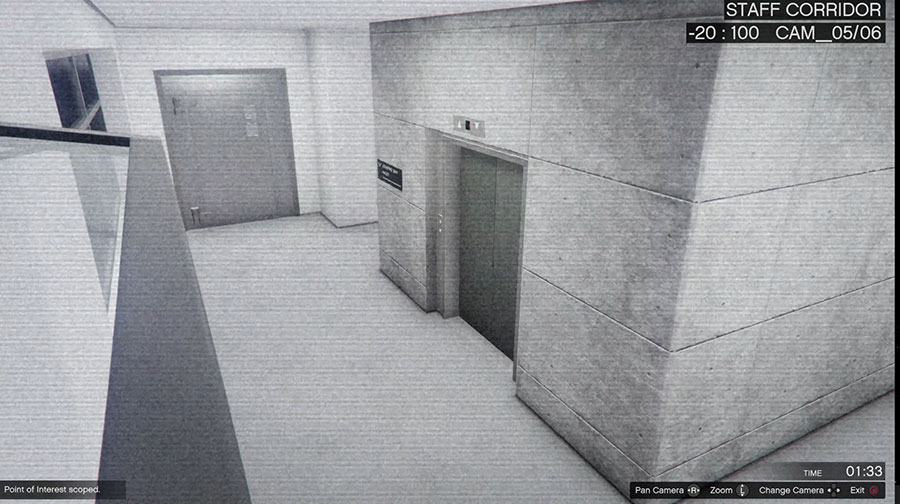
Staff Lobby
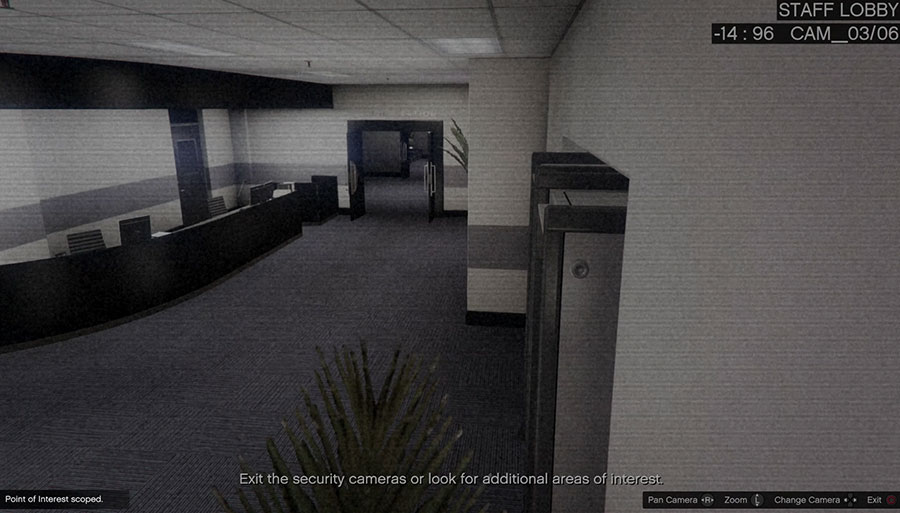
That wraps up our GTA Online Casino Heist Points Of Interest Guide with all 10 POI’s.



